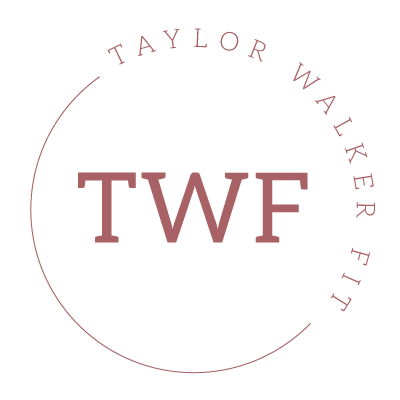
I am currently sitting with my mom as she recovers from surgery. We are watching the morning news and they are currently discussing holiday stress. Stress that often times comes in the form of gift giving, party planning and grief! Steve Leder was discussing how the holidays effect us on the deepest level and how grief and loss affect us even more this time of year. He said: “behind every no is a yes to something else”. For example, he says: “Instead of sleeping in your childhood room that drums up bad memories, book a hotel and hold the space. Instead of torturing yourself at a party, curl up by the fire with a cozy blanket and a good book.”
This time of year filled with magic and joy, but ti can also be filled with stress, anxiety and health issues.
Did you know that heart attacks are more common during the holidays? According to this article, changes in diet, higher alcohol consumption, stress from family, strained finances, travel and entertaining could be a possible explanation for the the spike according to American Heart Association!
Did you know? The number of heart related deaths increases by 5 percent during the month of December, leading up to the new year. Visits to the hospital for heart failure increases by 33 percent during the four days after Christmas. These are some staggering numbers and a study performed in Europe of over 283,000 heart attacks between 1998 and 2013 found They found that in comparison to the two weeks before and after Christmas, heart-attack risks were 37 percent higher on Christmas Eve, 20 percent higher on New Year’s Day, and 15 percent higher on Christmas Day.
Otto Vega, M.D., medical director of emergency services at Homestead Hospital says: “During the holidays people are eating more, drinking more and often packing into the shortened days of winter a lot of activities that aren’t part of their normal routine. All of these things add up to place the body under stress, which can tax the heart and make it work harder.” Dr. Vega sees a large spike in patients in the ER on Christmas Day and the days leading up to New Year’s Day.
Contributing Factors to Holiday Heart Attacks Include:
- Stress
- Skipping Medications
- Holiday Weight Gain
- No Exercise or Too Much Exercise
- Overeating and Drinking
- Too Much Salt
How to Minimize Your Risks:
Of course, heart attack risks are higher for those with cardiac conditions such as irregular heart beats and high blood pressure, but the article states that many “Christmas Coronary” patients who do not realize they are at risk.
Dr. Vega says that with prevention and moderation, it is possible to stay heart healthy throughout the holidays.
Limit your risks by adhering to the following list:
- Get medication refills in advance so you don’t have to hassle with them during the hectic holiday rush.
- Keep a regular workout routine; don’t embark on a drastic “pre-holiday” workout.
- Listen to your body. Several signs of a heart attack can mimic how people can feel after eating a big meal or rushing around, such as shortness of breath or chest pains. “It’s important to pay attention to any unusual symptoms, especially if you have other medical conditions,” Dr. Vega said.
- Look out for friends and family members. In addition to existing cardiac patients, older people and diabetics also are at higher risk of heart attack, according to Dr. Vega. “Diabetics may have nerve damage that prevents them from feeling pain, for example,” he added.
- Get prompt medical care. “If you’re having a heart attack, studies show that any delay in treatment can decrease survival rate,” said Dr. Vega.
“Moderation is key,” Dr. Vega said. “Don’t make any drastic changes to your habits during the holidays. Only you know best when your body is trying to tell you something is wrong. If you feel things that aren’t normal for you, call your doctor or 911. It’s better to be safe than sorry.”


